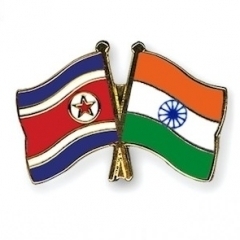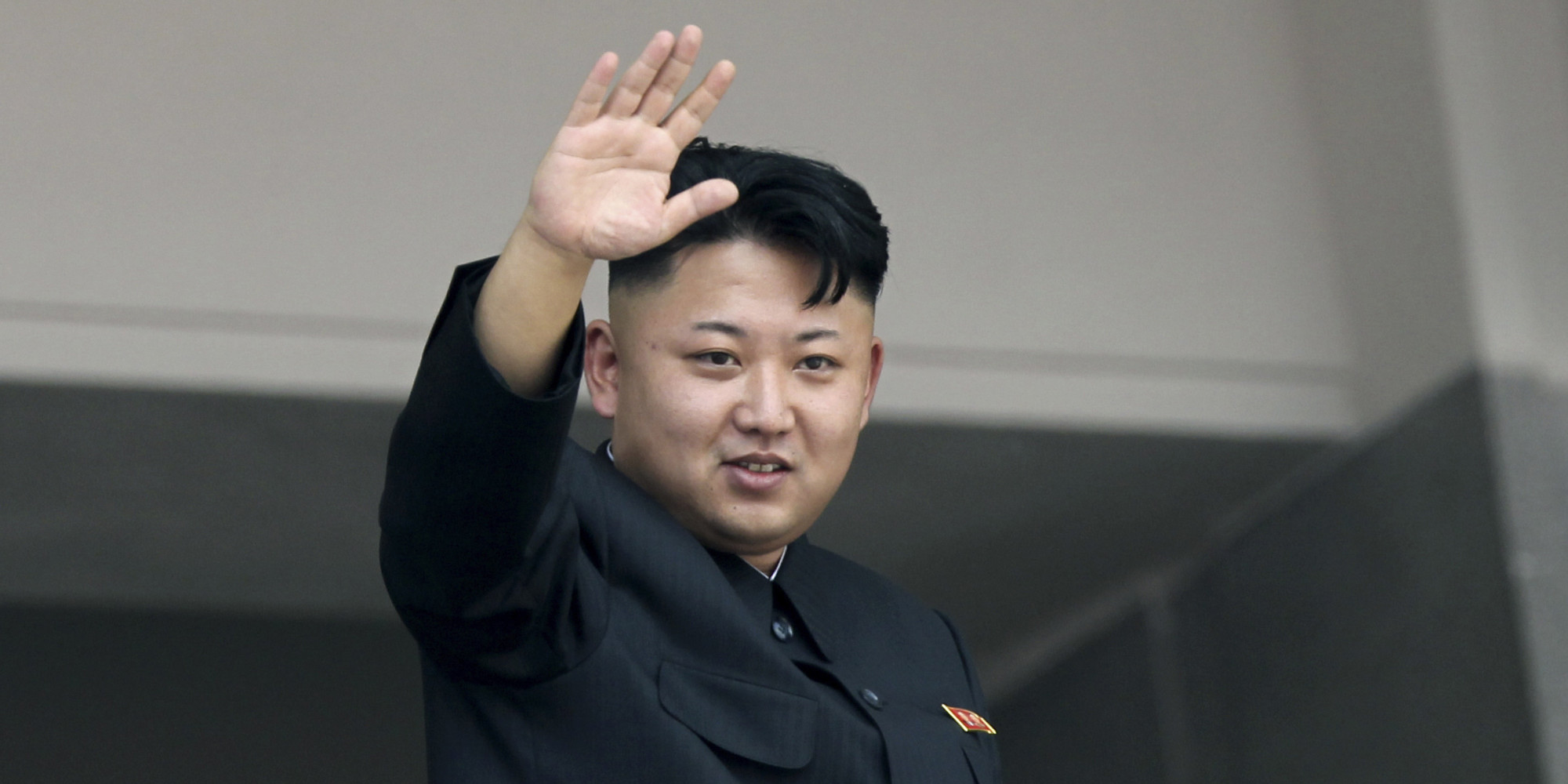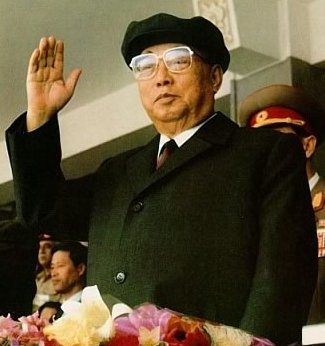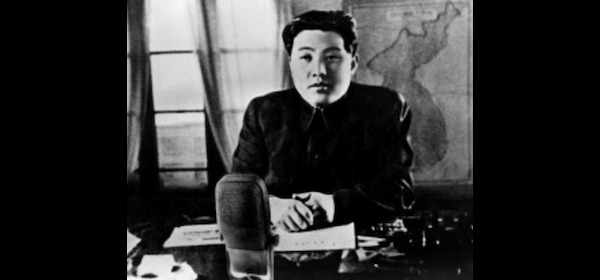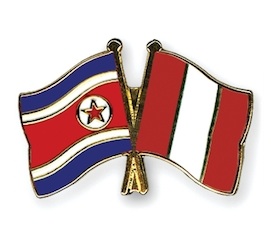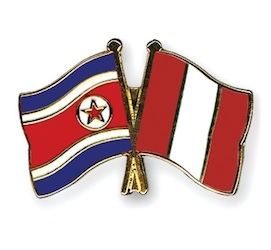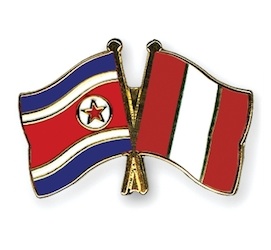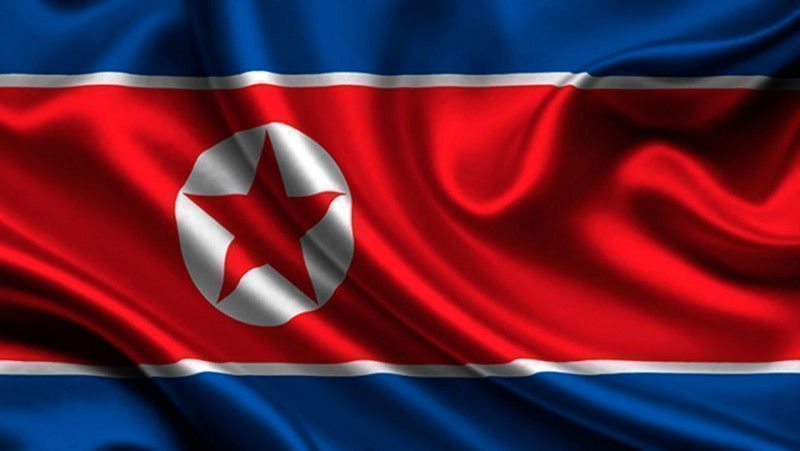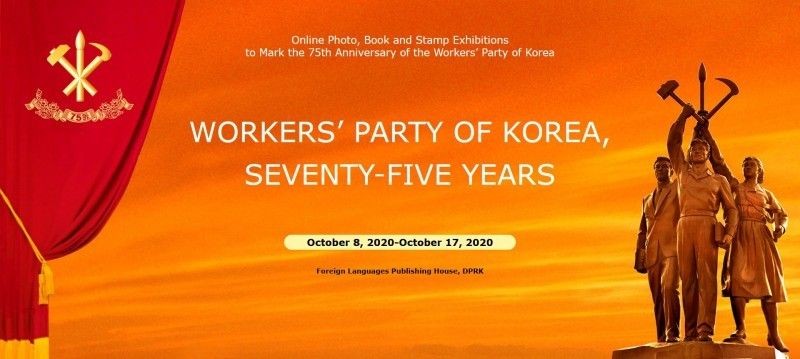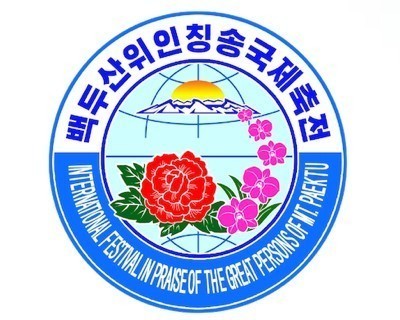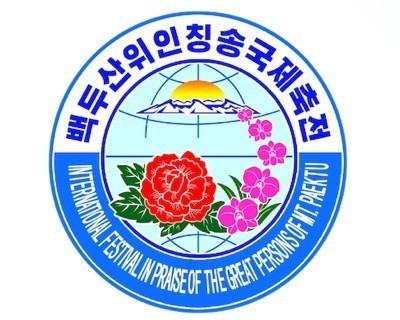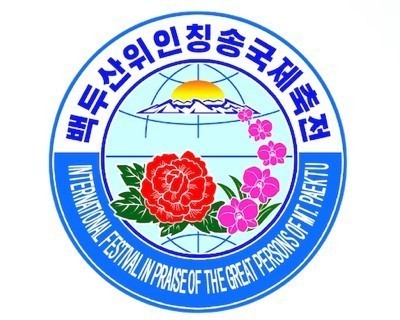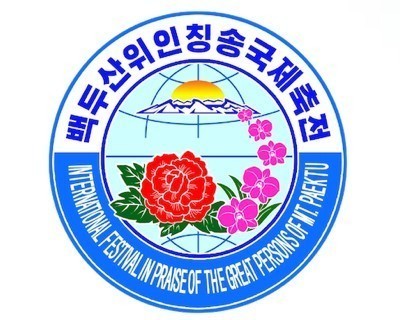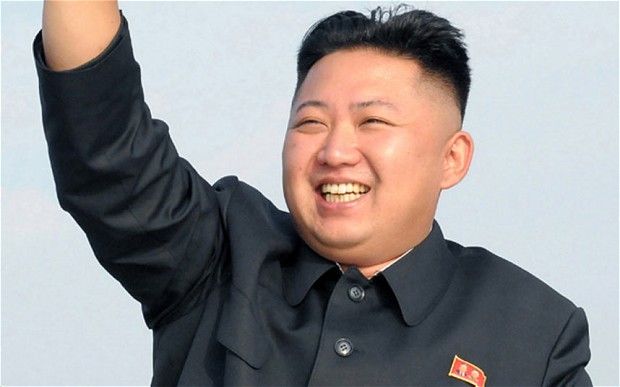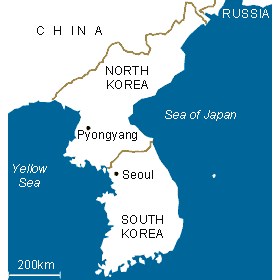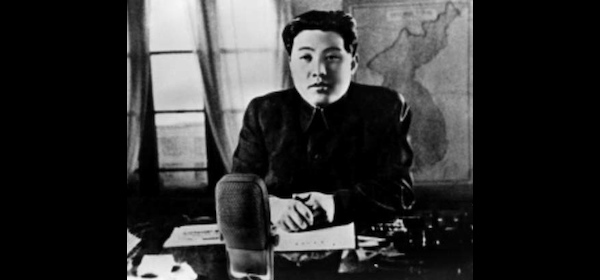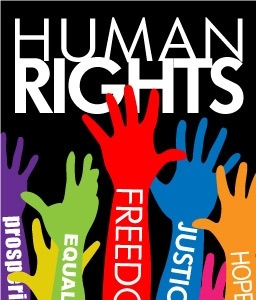INTRIGUES and conspiracies of the imperialist powers led to artificial division of Korea into two parts, North and South. The Korean people had lived in this land for hundreds of years as one nation and with one culture. Japan militarily invaded Korea and established its imperialist rule in the beginning of the 20th Century and for 40 years the Korean people suffered politically, economically and culturally under the savage Japanese imperialist occupation.
At the end of the Second World War with the defeat of Japan, the national liberation struggle led by the great leader Comrade Kim Il Sung forged ahead and people’s organs of power, the people’s committees were established at the grassroots level throughout the country.
According to prior agreements, after the surrender of Japan and liberation of Korea two parts of the country north and south of the 38th parallel came under the control of Soviet Union and United States respectively.
This was then viewed as a temporary arrangement, a prelude to the establishment of a free Korean government through democratic processes. In the North Provisional People's Committee formed the Provisional Government and implemented many progressive measures, like nationalization of key industries, land reforms etc. But in the South the US occupation forces suppressed the committees and set up an anti-communist puppet Government. Thus a capitalist dictatorial system was established in South Korea, betraying the aspirations of the national liberation struggle, while in North Korea a socialist state, DPRK, came into being under the leadership of President Kim Il Sung.
Thus the anti-imperialist struggle in Korea remained unfinished. While the Russian troops left the North in 1948, US army is even today stationed in South Korea. One half of the country is still under imperialist hegemony. This is a point which cannot be overlooked in any plan on reunification.
When the imperialists or their lackeys talk of reunification they visualize extending the domination of American imperialism to whole of Korea, while the Korean people long for a liberated, free, unified Korea. The great leader Kim Il Sung always advocated anti-imperialist alliance throughout Korea encompassing the revolutionary forces in the north and progressive and patriotic forces in the south. As early as 1971 President Comrade Kim Il Sung stressed the necessity of negotiations for reunification and declared DPRK’s readiness to have dialogues with the ruling party or with important personages from South Korea.
At his initiative the North-South Joint Statement on July 4, 1972 outlined the basic principles of reunification; these are: no foreign interference, achieving national unity transcending differences in ideology, social system etc, reliance on peaceful means and not on armed conflict. Subsequently DPRK made many overtures to South Korea regarding peaceful reunification and put forward a number of concrete proposals to abandon military confrontation, to adopt a nonaggression declaration, to ease tension, to promote mutual trust and confidence, to create an atmosphere of great national unity, to convene the Great National Congress with representatives of political parties, organizations and people from all strata in the north and the south and to establish a North-South confederation named as the Democratic Confederal Republic of Koryo.
In the confederation of the two states, both would retain intact their ideologies and social systems, each recognizing and tolerating the other. But at the instigation of USA the reactionary puppet Government of South Korea spurned these proposals. Many times DPRK has offered to replace the Armistice Agreement by a Peace Agreement with USA. But there has been no response from USA on the peace proposal; on the contrary DPRK has been slanderously labeled by USA as the Axis of Evil. In 1993 President Kim Il Sung published the 10-point Programme of the Great Unity of the Whole Nation for the peaceful reunification of the country.
The cardinal points of this programme were : founding of a unified, independent, peaceful and neutral state through the great unity of the whole nation; unity to be based on patriotism and the spirit of national independence; unity to be achieved on the principle of promoting co-existence, co-prosperity and common interests ; ending all political disputes that foment division and confrontation between fellow countrymen ; building mutual trust and confidence ; not rejecting each other because of differences in ideals and principles, etc. These points are still valid and should form the basis of reunification efforts today.
President Kim Il Sung’s policies were reiterated and reinforced by his successor Comrade Kim Jong Il. After a new Government came to power South Korea in 1997 under the Presidentship of Kim Dae Jung a more congenial atmosphere was created for dialogues between the North and the South, which culminated in the Summit Meeting on 15 June 2000. A historic North-South Declaration was signed in which both sides agreed to work for independent reunification and to settle all humanitarian issues, such as exchange of visiting groups of separated families and relatives, to promote economic cooperation, to build mutual confidence and several other measures. This generated great enthusiasm and hope for reunification among the people of both DPRK and South Korea and some progress was made towards economic cooperation.
A Peace Declaration with 8-point agreement signed in 2007 reiterated the points of 15 June Declaration But soon after this in 2008 the fascist regime of Lee Myong Bak came to power with US backing, and it has nullified whatever little progress had been made towards national reunification. He has adopted a confrontational attitude towards DPRK, is more submissive to the United States, and has handed over the control of the Army to American staff. Internally, the regime is persecuting the communists and other progressive forces, is pursuing aggressive anti-labour policies and is severely curtailing workers’ rights.
It is using the National Security Law to arrest trade union leaders and social movement leaders, and to repress any opposition to the regime and mass demonstrations. North-South tensions have been heightened because of the policies of the fascist regime which enjoys the full backing and support of imperialist USA.
All efforts of peaceful reunification which is a just and legitimate demand of the Korean people both from DPRK and the South are being scuttled by the intransigent attitude and belligerent postures of the United States and the puppet South Korean regime.
The 10-point programme of 1993, the Joint North-South Declaration of 2000, and the Peace Declaration of 2007 provide just and executable guidelines for proceeding towards peaceful reunification. Freedom and peace loving people of the world must come forward to put pressure on South Korea to abide by the agreed terms of the Declarations.
Here we would like to stress that South Korea is a capitalist state, and DPRK is a socialist state. Total and true reunification of the two such systems cannot be brought about, because the capitalist class of South Korea and imperialist USA would not permit it. However, steps in this direction can be taken following the guidelines enunciated by Comrade President Kim Il Sung and the great leader Comrade Kim Jong Il.
Advancing along this path at the first step confederation of the two states with mutual tolerance of one another would unite the people of whole of Korea and create the conditions of dialogues in a democratic atmosphere and without foreign interference. Total and true reunification can be ultimately achieved through bringing about a revolutionary transformation of the capitalist state to a socialist one.
It rests upon the working class and oppressed people of South Korea to wage uncompromising struggle to bring about such a political-economic transformation in their country and thereby advance the process of reunification and liberation of the people.
It devolves upon the freedom loving people of the world, in particular of DPRK, to extend support to and solidarity with this struggle and hasten the emancipation of the people of whole Korea. ***
Manik Mukherjee
General Secretary, International Anti-Imperialist Cordination Committee

